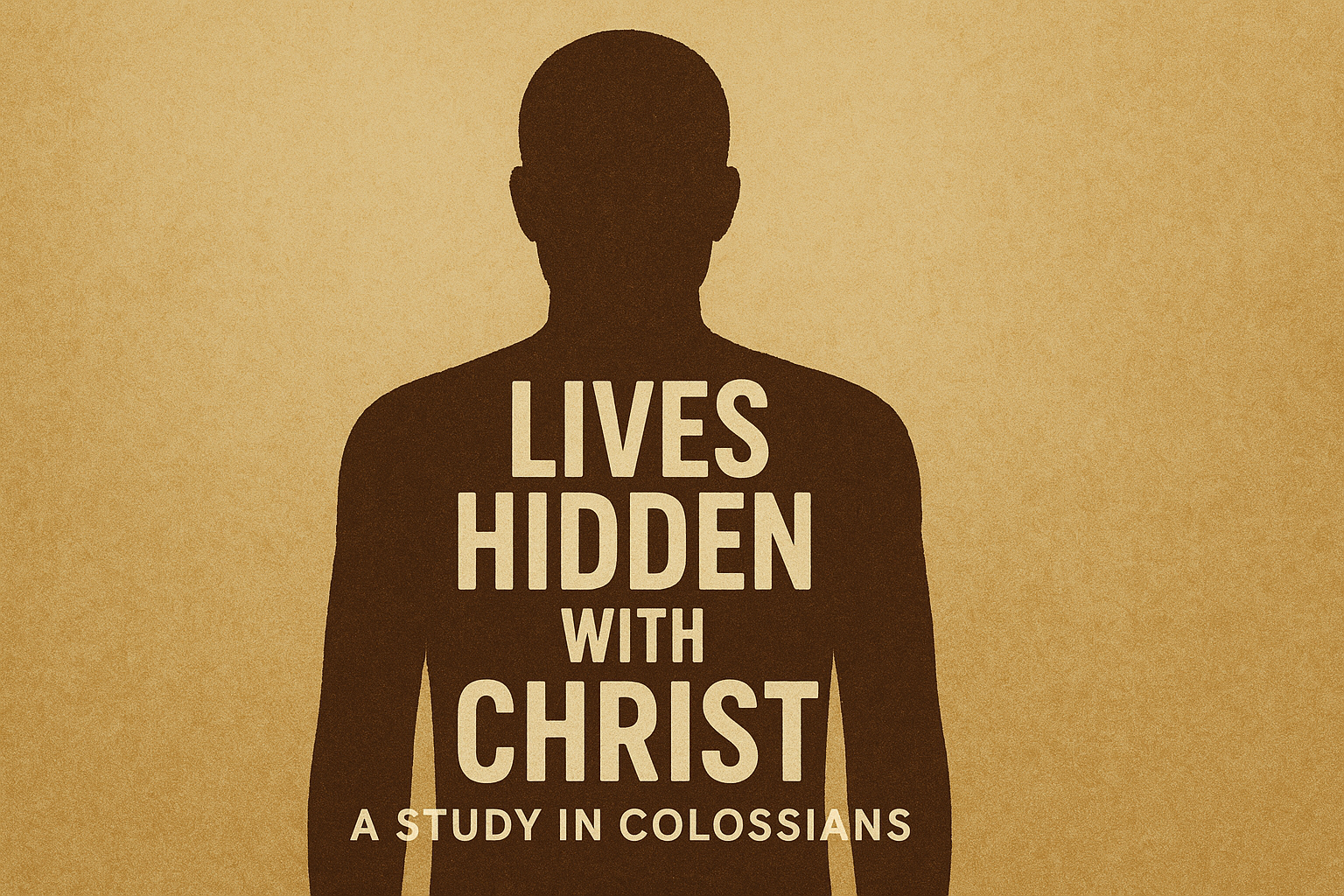“Change is not hypocrisy, it is growth.” I saw that quote recently.
It’s important to know that you can learn more information and change. Changing your mind does not cut your integrity, it enhances it.
“Change is not hypocrisy, it is growth.” I saw that quote recently.
It’s important to know that you can learn more information and change. Changing your mind does not cut your integrity, it enhances it.
A good first day of phase 2! Hit my protein goal and stayed under the calorie goal for today. Had a great lift this morning too. One day at a time! #195by50


Dinner was fire! Posting my meals is really helpful accountability for me.
Day one of phase two is nearly in the books. I forgot how much I enjoyed the process of moving and eating well.


A little afternoon snack!



Is it possible to have constructive conversations with people with whom you disagree these days? That’s a question I’ve been wrestling with for a while now. It’s also a question many have asked me. For over a decade, I’ve tried to create space for these kinds of conversations on Tuesday nights at a local bar. Is it possible? Absolutely! But that declarative statement requires nuance and further explanation.
Let me begin with a story.
One of the things that I have learned over the last few years, in many areas of my life, is that faithfulness counts far more than exuberance.
Today’s lunch was last night’s leftovers, nearly 60g of protein! 💪


Oh, this is excellent from @bjhess:
[A Bit Naive](https://bjhess.com/posts/a-bit-naive)What I wouldn’t give right now to be a bit more naive.
What I wouldn’t give for all of us to be a bit more naive.
A bit less social media.
A bit less 24-hour news.
I really need to develop some intentionality in spending of my days. There is too much time lost to scrolling and mindlessness. I am using today, my day of rest, to process this and come up with a plan to begin implementing.
This morning’s lift. 💪

This morning’s breakfast. It was savory and tasty. I seasoned the omelette with pepper, salt, garlic powder, onion powder, and rosemary.


Today I begin a new phase of my journey towards physical fitness.
I turn 50 on September 7, 2026.
I will weigh 195lbs on that day.
Today, I weigh 259.9.

I keep thinking about what I am seeing online these days and realizing more and more that integrity is the rarest of qualities.

Listen to the full message here: Lives Hidden With Chris - Reconciled
We live in a world that seems to thrive on having enemies. Everywhere we turn, someone is telling us who we should hate, who is coming for us, who we must fear. And what’s the expected response? Hate them back. Strike before they strike you. This is the way of the world.
But for those of us who follow Jesus, we are called to be in the world but not of it. We are called to look different—to respond differently.